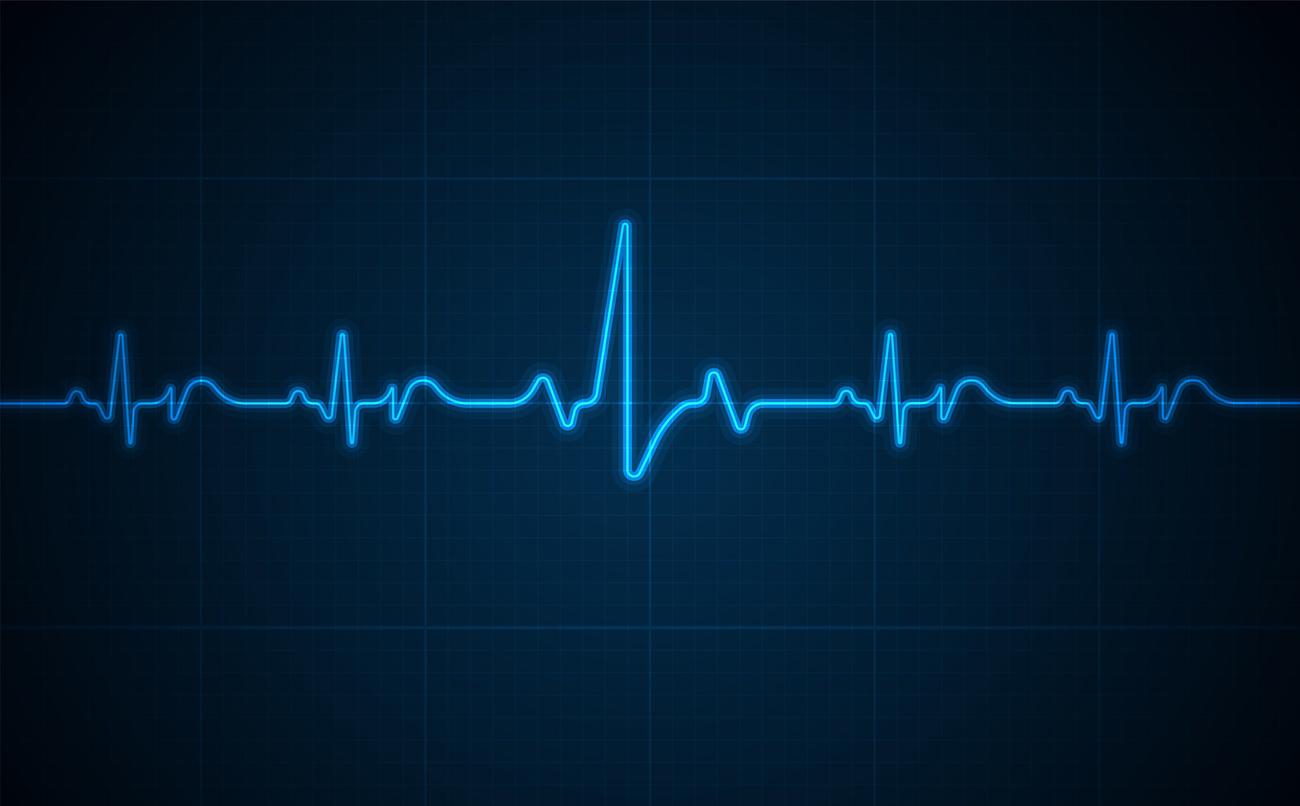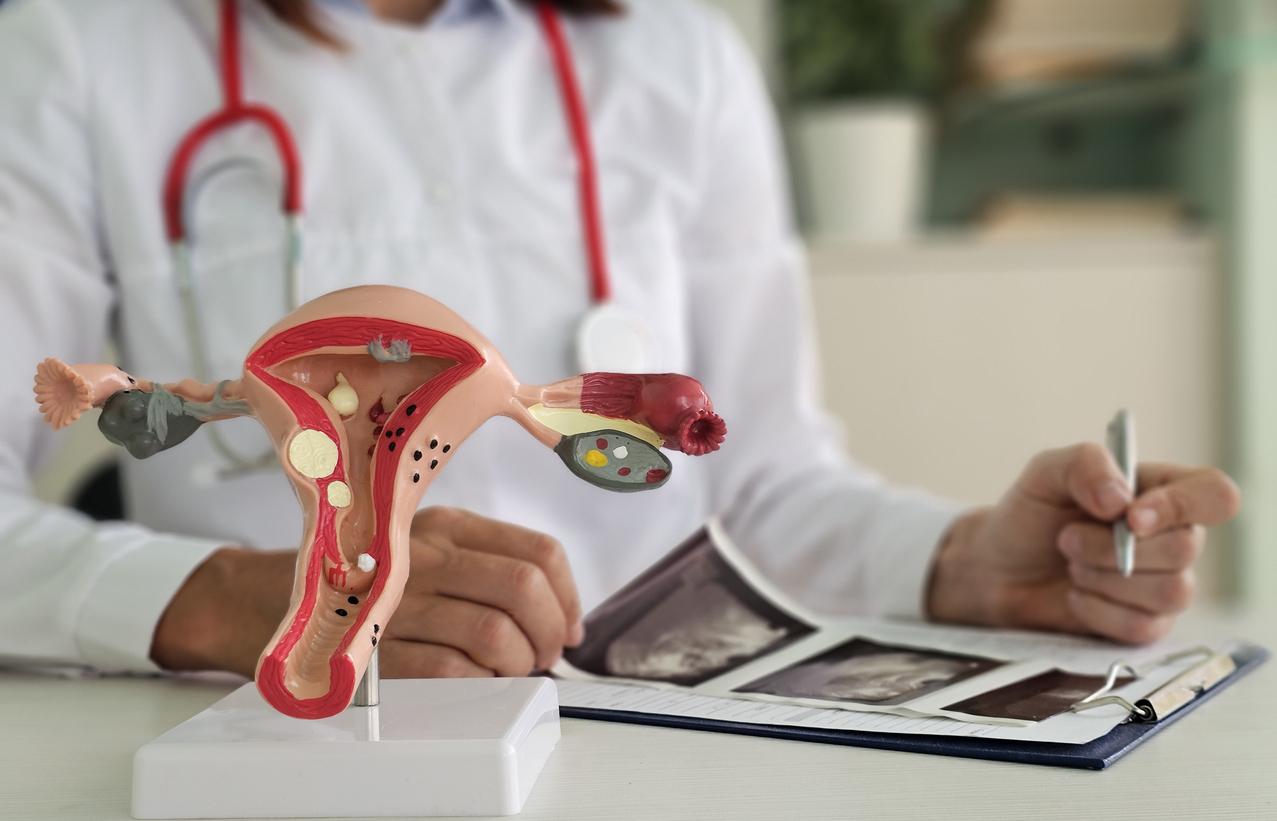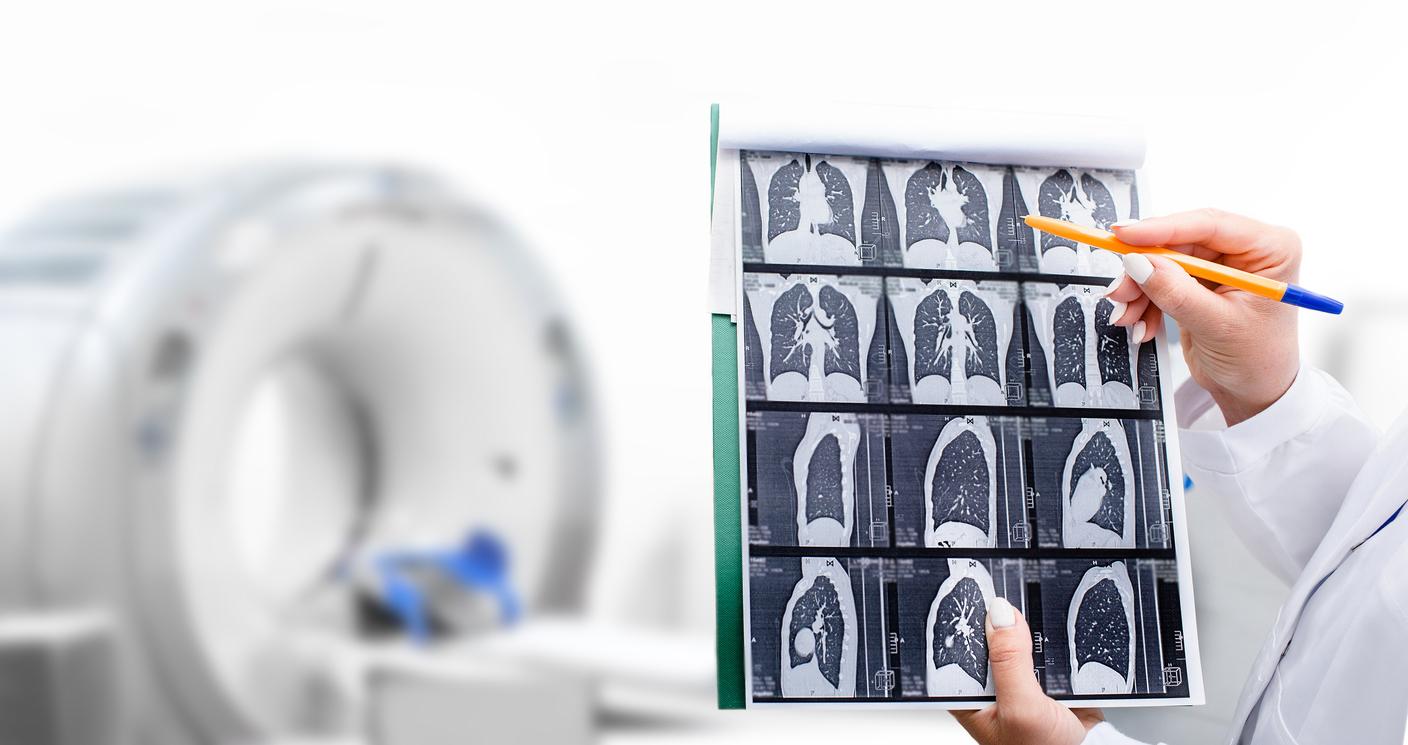Researchers have developed a new test to diagnose calcium release deficiency syndrome (CRDS), a heart condition that can lead to cardiac arrest.

- Researchers have developed a test to better detect CRDS.
- It is a heart disease characterized by arrhythmia and can lead to cardiac arrest.
- Every year in France, 40,000 people suffer cardiac arrest.
Until now, the diagnosis of calcium release deficiency syndrome (CRDS) was very difficult to make. But in a new study published in the journal Journal of the American Medical Association (JAMA)researchers are proposing a simple and accessible test that could eventually be used by doctors in their offices.
CRSD: a “diagnostic method carried out using an electrocardiogram”
CRSD is a heart condition first documented in 2021 by Wayne Chen, author of this new study. It is characterized by an arrhythmia that can lead to cardiac arrest. Until now, only laboratory tests were used to diagnose CRDS. The problem was that they were not accessible to practitioners and, de factopatients could not benefit from it.
“This new and simple diagnostic method, which can be performed using an electrocardiogram in many clinical situations, is hopefully an important step towards improving our assessment (of cardiac arrests that until now remained unexplained)” says Jason Roberts, one of the authors, in a communicated.
To demonstrate the effectiveness of this new screening method, scientists tested it on 68 participants with four different heart diseases, including some with CRDS. Results: the test was able to diagnose those with CRDS with great accuracy. In parallel, studies conducted on mice corroborated these results.
Screening to prevent cardiac arrests
“This is an important finding as there is an urgent need for a clinical diagnostic test for CRDS.explains Wayne Chen. This will allow us to identify people at risk, better understand the prevalence of CRDS and, hopefully, develop treatments for this disease.“The researchers plan to continue their studies, including 500 patients. Ultimately, this test could therefore make it possible to better diagnose CRDS and prevent cardiac arrests.
In France, each year, 40,000 people are victims, according to the French Federation of Cardiology. “We hope this test will help many families around the world who have faced unexplained cardiac incidents or who have lost loved ones.”says Jason Roberts.
















